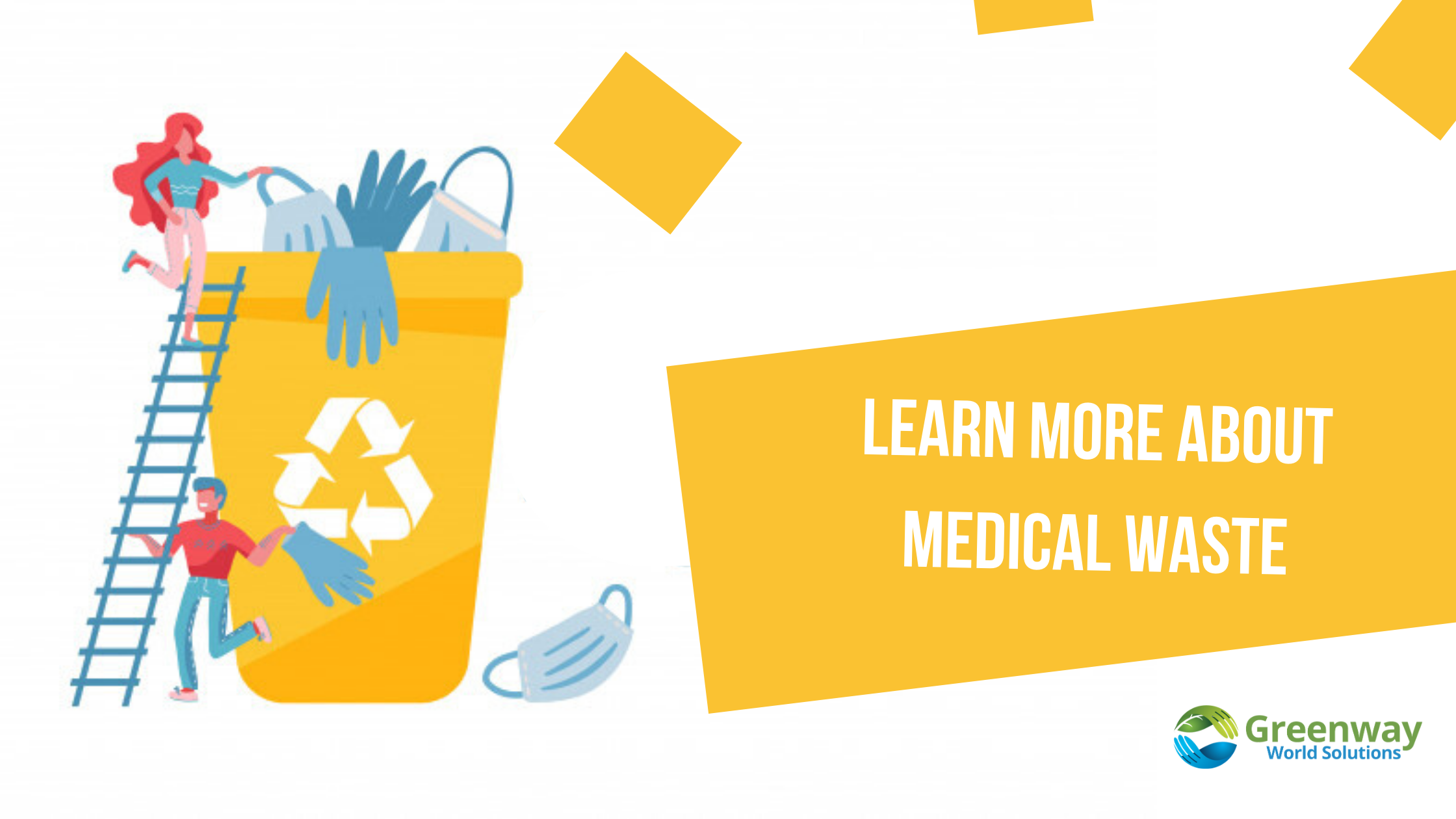In this post, you will be able to answer the main questions about health waste; definition, classification and treatment. In addition, you will discover a sustainable solution, with a cost of up to 30% lower for the treatment of health waste.
What are Health Services Waste?
Health Services Waste (HSW) is the result of health-related activities. They are activities performed in hospitals, clinics, laboratories and also dental offices.
Who produces health waste?
According to RDC ANVISA nº 306/2004 and CONAMA Resolution nº 358/2005, RSS services are all human or animal health services. Analytical laboratories for health products; morgues, funeral and embalming services, forensic services, drugstores and pharmacies including handling; teaching and research establishments in the health area, zoonosis control center; pharmaceutical product distributors, importers, distributors and producers of materials and controls for in vitro diagnostics, ambulances, mobile stations; acupuncture services, tattoo services, among others.

Classification of Health Waste
These residues are classified, according to RDC ANVISA nº 306/04, in:
Group A: Infectious waste containing biological agents that, because they are more contagious or are in greater concentration, are at risk of contamination;
Group B: Chemical waste, which may present a risk to the health of the population and / or the environment. They are flammable, toxic, corrosive and reactive waste.
Group C: Radioactive waste, which results from activities of clinical analysis of nuclear medicine, radiotherapy, among others.
Group D: Other residues, resulting from administrative, cleaning activities, among others, that do not present chemical, biological and radiological risks. They are similar to Urban Solid Waste (USW).

Health Waste Management
HSW has the need for differentiated management and management, as they present toxicity, corrosivity, radioactivity and infection risks.
RSS management must follow a safety protocol and reduce the impact on the population and the environment’s health. This protocol is called the Health Services Waste Management Plan (HSWMP) and must be adopted by every organization that produces this type of waste.
Steps for managing HSW
HSW management must obey a strict management protocol, which consists of:
- Separation and identification (from the moment of generation);
- Packaging;
- Internal collection;
- Temporary internal storage;
- Internal collection II;
- External storage;
- External collection;
- Treatment (autoclave or incineration)
- Final disposal in landfills.
Problems in the management of Health Services Waste
Due to the need for special and detailed management, the entire process of handling HSW generates a high cost. In addition, it demands strict safety protocols so as not to pose risks to the health of professionals who deal with waste.
Costs with logistics, labour and handling of RSS are much higher when compared to those of Urban Solid Waste (USW). This causes many organizations to neglect this management, making completely irregular and dangerous discards.

Greenway World Solutions in Health Waste Management
Have you ever imagined being able to ELIMINATE steps in this process and significantly reduce costs with the management of Health Waste?
Greenway has the right solution for you. With our exclusive pyrolysis technology, we process almost any type of waste. We reduced the volume by up to 90%, in a totally safe, sterile way and without the need for separation. In addition, the resultant of the process is coal, with high energy potential. So, only glass and metals are left, fully sterilized and recyclable. Waste treatment with ZERO emissions and ZERO landfills, safer and at up to 30% lower cost? This makes it easy to choose. Contact us to understand how Greenway can help your organization with smart and 100% sustainable waste management.
Greenway World Solutions. Creating a new perspective for communities around the globe.
Did you like this post? Sign up for our newsletter to stay on top of all the news.
Subscribe!

No responses yet